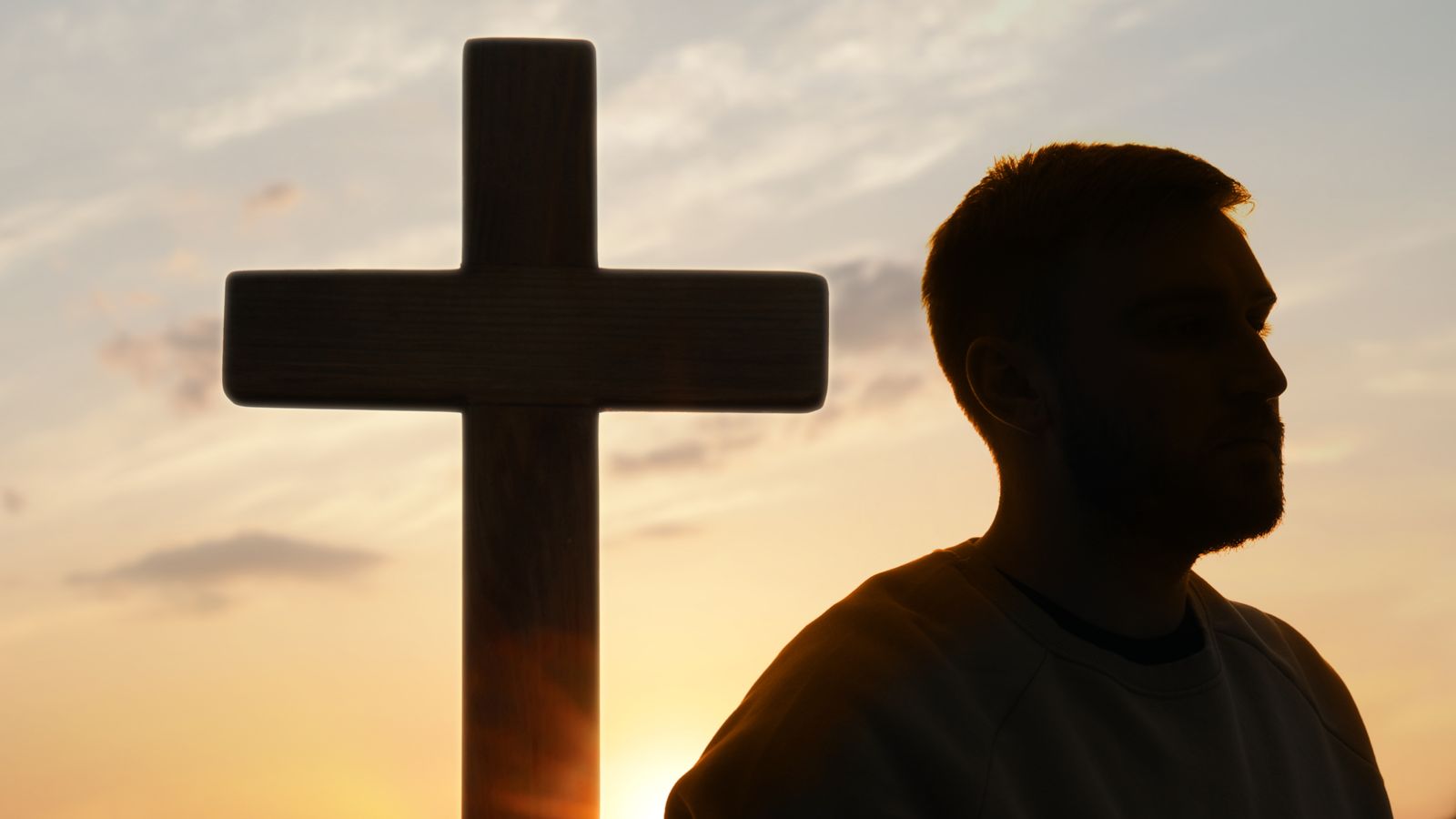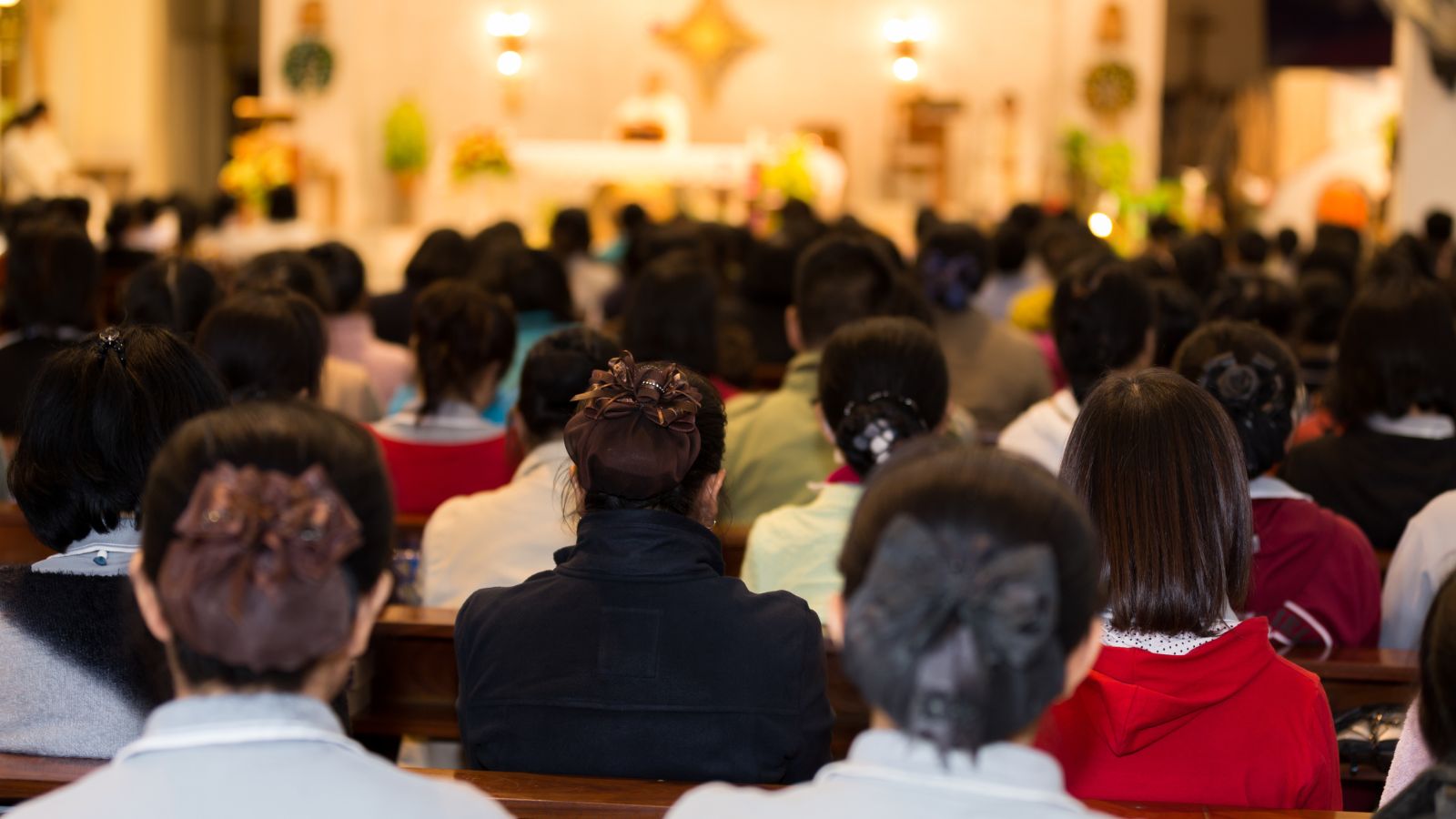Religion has long been a complex and often contentious subject, making it challenging to address fully in educational settings. As a result, schools often have to decide carefully what aspects of religion to include in their curriculum, sometimes leaving out certain topics altogether. This article examines various aspects of religion that are frequently overlooked or omitted in school teachings.
Religion and Science: A Complex Relationship

Most of the major historical texts make it seem like religion and science have never gotten along. They ignore the fact that many of the major scientific figures were also men of religion. In fact, the Church was supportive of scientists in some cases.
The Evolution of Religious Beliefs

Religions are dynamic and evolve over time, influenced by various factors. Some schools choose to focus on the current state of religion, ignoring how far it has come throughout thousands of years of evolution. For example, some schools don’t touch on the history of the Church before it broke up into different sects.
Religion’s Influence on Art and Literature

If you have been to an old church, it doesn’t come as a surprise to you that religion has had a major influence on art. Art was mostly commissioned by powerful people and this included religious figures. It was also used to teach religion, so the two have always been intertwined.
Political Impacts of Religion

Religion has played a critical role in the political landscape throughout history. Today, we choose to think that religion and politics are separate, but in reality, they have never been and might never be. This is because many people follow religion, and they will always vote for leaders who support their beliefs.
Controversial Aspects of Religion

Every religion has aspects that are seldom discussed openly but are important to understand. A common one across religions is the treatment of women. Nearly all religions view women as less than men, even though it’s not stated directly. Actually, for many of them, it is blatantly said.
The Concept of the Afterlife

The idea of a life after death is the reason why many people buy into religion in the first place. However, as time goes by, people demand a more realistic answer to what happens when we die. For now, it seems like most religions choose to remain vague about the subject.
Secularism and Non-Religiosity

More and more people today don’t follow a religion. This is called being secular or non-religious. There are different kinds, like atheism, where people don’t believe in any god, and agnosticism, where people aren’t sure if there is a god. Then there’s secular humanism, where people focus on being good without religion.
Religion and Ethics: The Moral Compass

Religions often teach us right from wrong. They give us rules and ideas on how to behave well. But what’s interesting is that different religions have different rules about what is good or bad. Some people argue about whether these rules should always stay the same (absolute) or change depending on the situation (relative).
Mysticism and Spiritual Experiences

The Cambridge Dictionary defines mysticism as a direct, personal experience of the divine, challenging traditional religious practices. For obvious reasons, this is not discussed in schools, as it could lead to confusion and unanswered questions in the children’s minds. No one is even sure if this concept is a reality.
The Business of Religion

Like with things in society, money largely influences religion. This doesn’t just include corruption, embezzlement, and cheating—even in honest ways, money greatly impacts how religion operates. For example, religions with a bigger budget are able to send more missionaries around the world, resulting in more influence.
Religion in Education

Teaching religion in school has always been a controversial issue. This is because some believe that school isn’t the place for children to be taught religion, while others believe it is the perfect place. It remains up to the parents to decide if this is a dealbreaker
The Digital Age and Religion

Technology is transforming how religious beliefs and practices are experienced and shared. Churches are holding services online, accepting offerings through online transactions, and many of them even have social media pages. These are all good things, but challenges should be expected.
The Diversity of World Religions

Many schools focus on major religions, overlooking the rich diversity of global faith traditions. There are thousands of religions in the world but many of them are overlooked in favor of the few most popular ones. This is where you find many people growing up with many misconceptions about lesser-known faiths.
Religious Rituals and Their Meanings

Religious rituals are more than traditions; they carry deep meanings and functions. Many rituals don’t make sense to us today but they were done for very specific reasons back in the day. For example, the ancient Aztec practice of human sacrifice might seem brutal to us now, but it was a key part of their religion.
The Role of Women in Religion

The role of women in religion is often more complex and influential than typically taught. This is not exactly the fault of the schools, as most of the historical books did not discuss women and their role in modern society. However, we should all keep in mind that women have always been and will continue to be major decision-makers in society.
Religious Conflicts and Peacebuilding

Today, religion is seen as a beacon of peace. However, in the past, religion was one of the main causes of some of the worst wars in human history. Millions of people died protecting or fighting against religions in Europe. For example, the Thirty Years’ War, which occurred from 1618 to 1648, was between Catholic and Protestant states in the Holy Roman Empire.
The Future of Religion

The landscape of religion is changing, with significant implications for future societal norms and values. For example, many people are turning away from religion completely, and we don’t know how this will impact believers. In fact, Humanists UK reports that an enormous 37% of Brits identify as atheists or have “no religion.”

